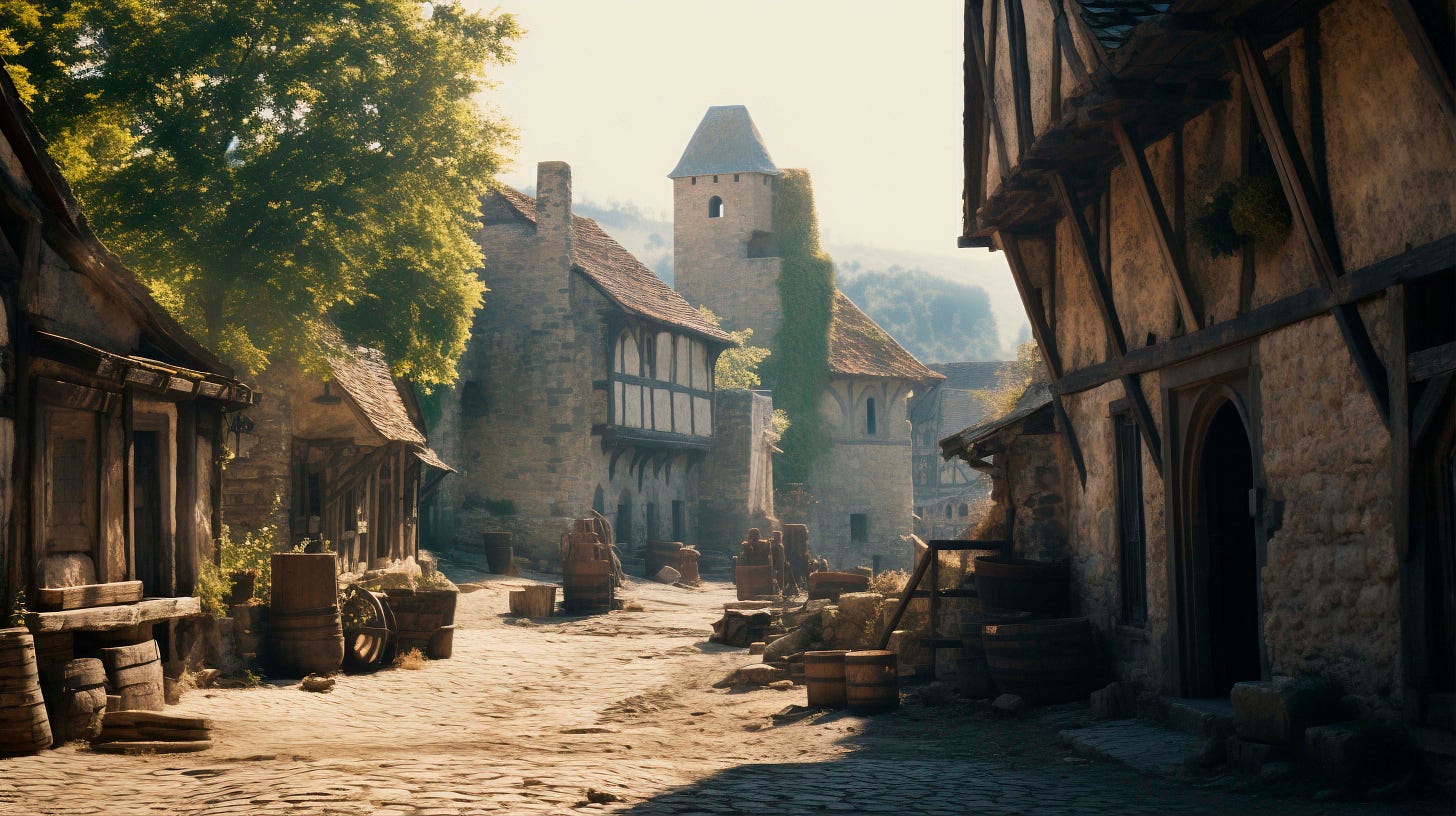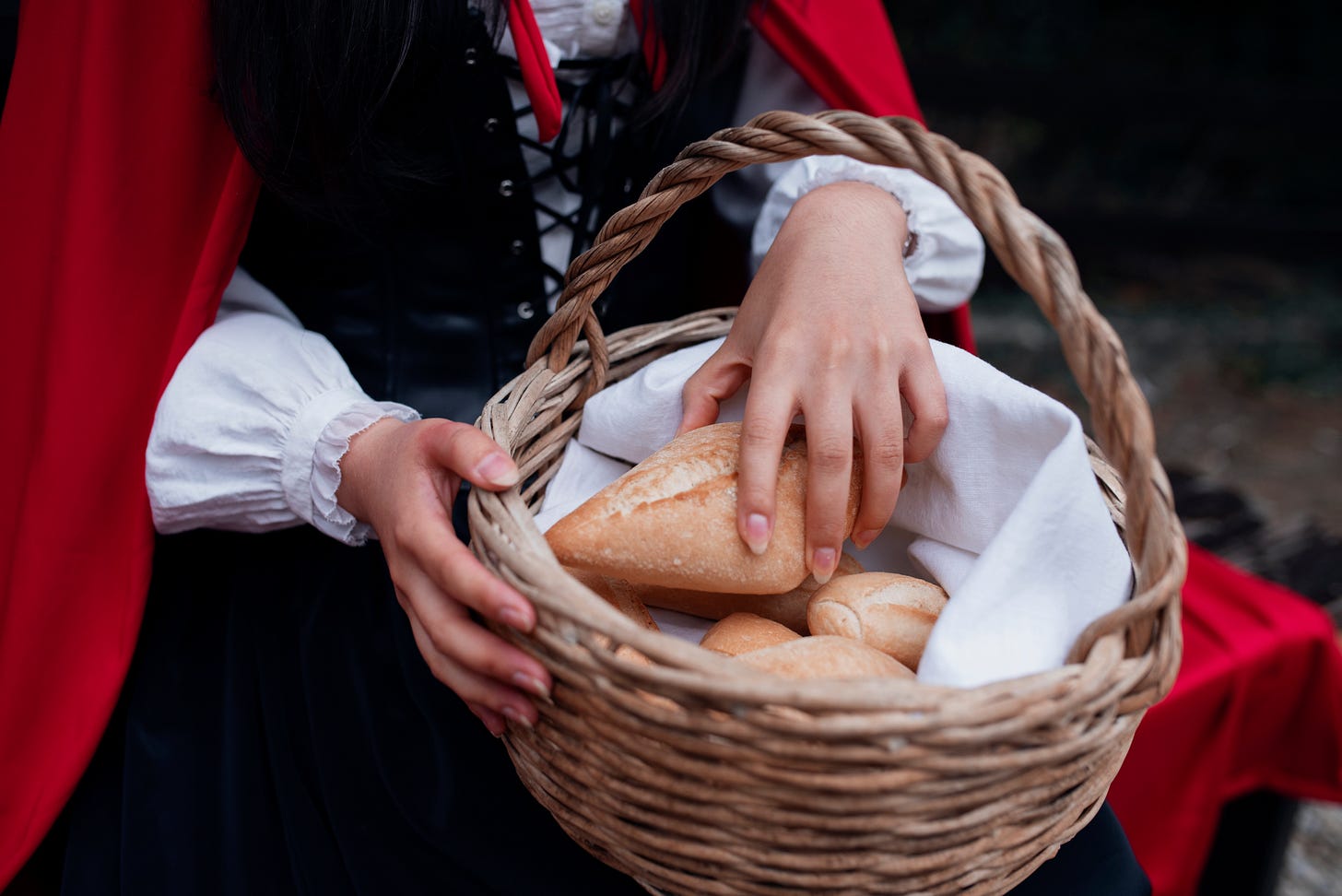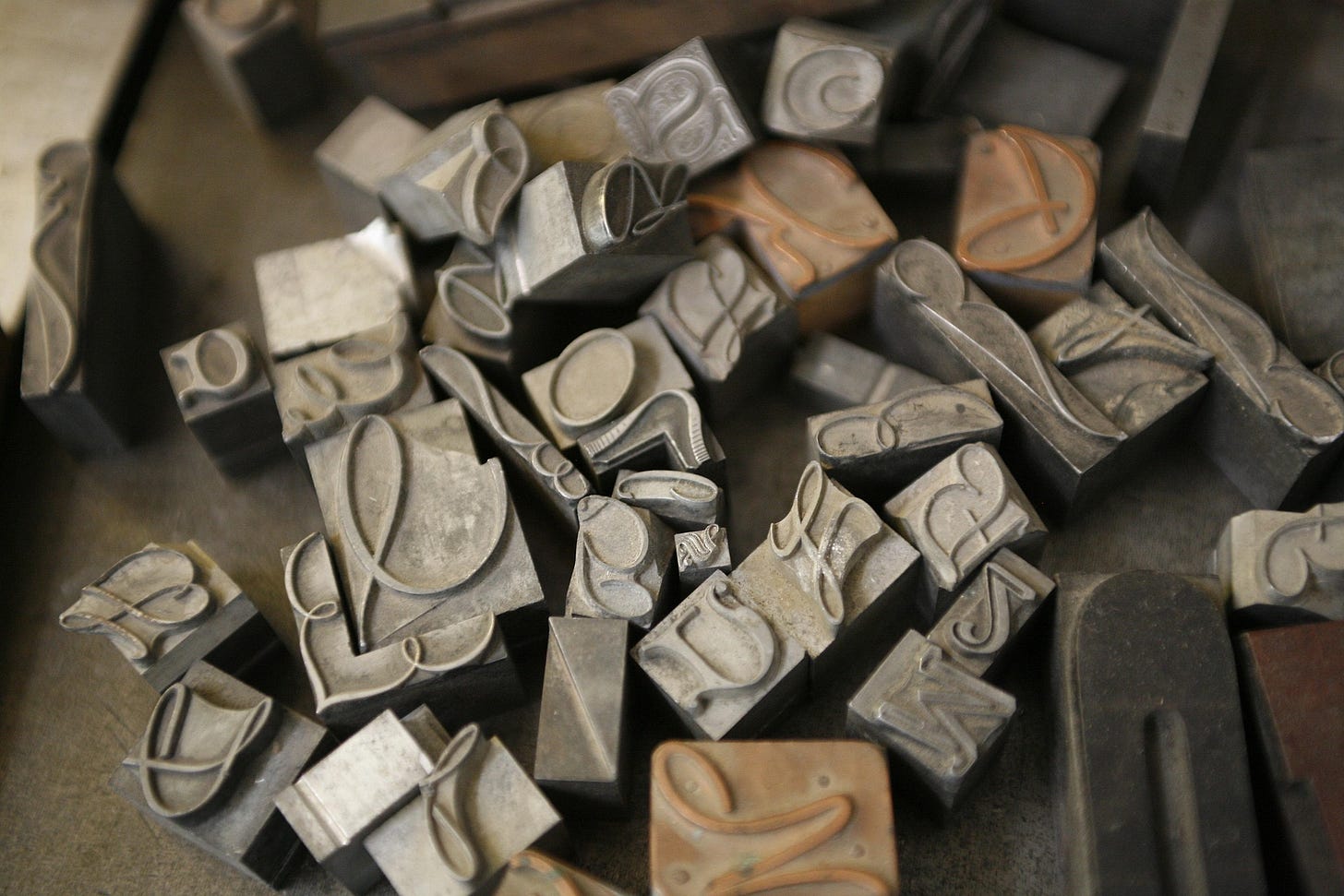They taxed the loaves and the letters, and said it was order.
By day, I inked the governor’s proclamations—thick black rules that smelled of tar. By night I cleaned the press, picked stray sorts from the floor, and learned the weight of words in my palm: an e light as a seed, an o like a coin, a v that could point.
When they posted the new decree—no assemblies, no petitions without a seal, I slipped one broken s into my pocket and felt treason-sized and small.
The town still met, just not all at once. The baker wrapped the bread in scrap paper, where I’d hidden a sentence between the recipes. The midwife stitched another inside a christening cap. The bellringer, forbidden to ring, tied ribbons on the rope so the wind could do it for her.
On market day, soldiers kicked over my master’s press and called it peace. We watched the type rain down—alphabet into gravel. They thought the word had shattered.
That night, we picked letters out of dust.
Each of us took one: a boy with a Y, a widow with an O, the lamplighter with an N.
We were united in our cause, agreeing on the town square at dawn.
When the sun climbed the bricks, shutters opened one by one.
On the tannery: W.
At the apothecary: E.
Across the well: A R E.
Then, down the lane in tidy sequence: N O T A F R A I D.
We spelled out our defiance.
The soldiers stared like men reading a language their schooling had missed.
No crowd to scatter—just a sentence the size of a town.
They made new rules that afternoon, thinner ones. We printed them because paper is a tool, not a king. But in the bottom drawer we kept our private font, the letters we’d rescued, wrapped in cloth.
Take one, if you like.
Carry it.
When the next decree arrives, we’ll spell ourselves again.





